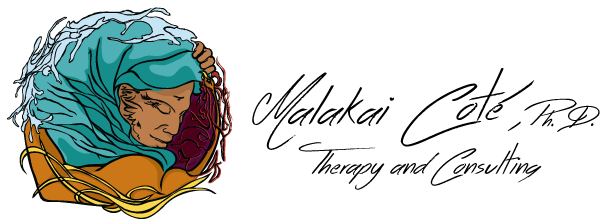When people enter into counseling/therapy, they typically have recognized feelings or experiences of stuckness, life dissatisfaction, emotional apprehensions, relationship worries, or they may have received feedback from others that they might benefit from talking to a mental health provider. Overall, there can be a general sense that something needs to change or be different. In counseling, folks often explore what "something" may be and also how to address and facilitate a change process.
Change can be about a shift in life perspectives or regaining an understanding of self to move forward toward goals with a renewed sense of capability. Change can be about habits of behavior or habits of mind that have made life more challenging. Change can be about life circumstance, acknowledgments of relationships or work environments that no longer promote the types of wellness that are necessary to thrive. Whatever the case may be (whether external and/or internal factors), in counseling, lessons learned about self, self in relation to others, and self-in relation to life environment can be helpful to begin the process of preparing for change.
Acknowledgment, knowing, and understanding can serve as a means for transformation, however, awareness is only the beginning. A person could have all of the awareness and knowledge necessary to make a change, but without action all awareness is futile. Action is alive and in flux. Action requires risk-taking, vulnerability, and working with the discomfort of trying out new behaviors, patterns of thinking and feeling and relating in the world. This is often the greatest challenge and opportunity of engaging in counseling.
